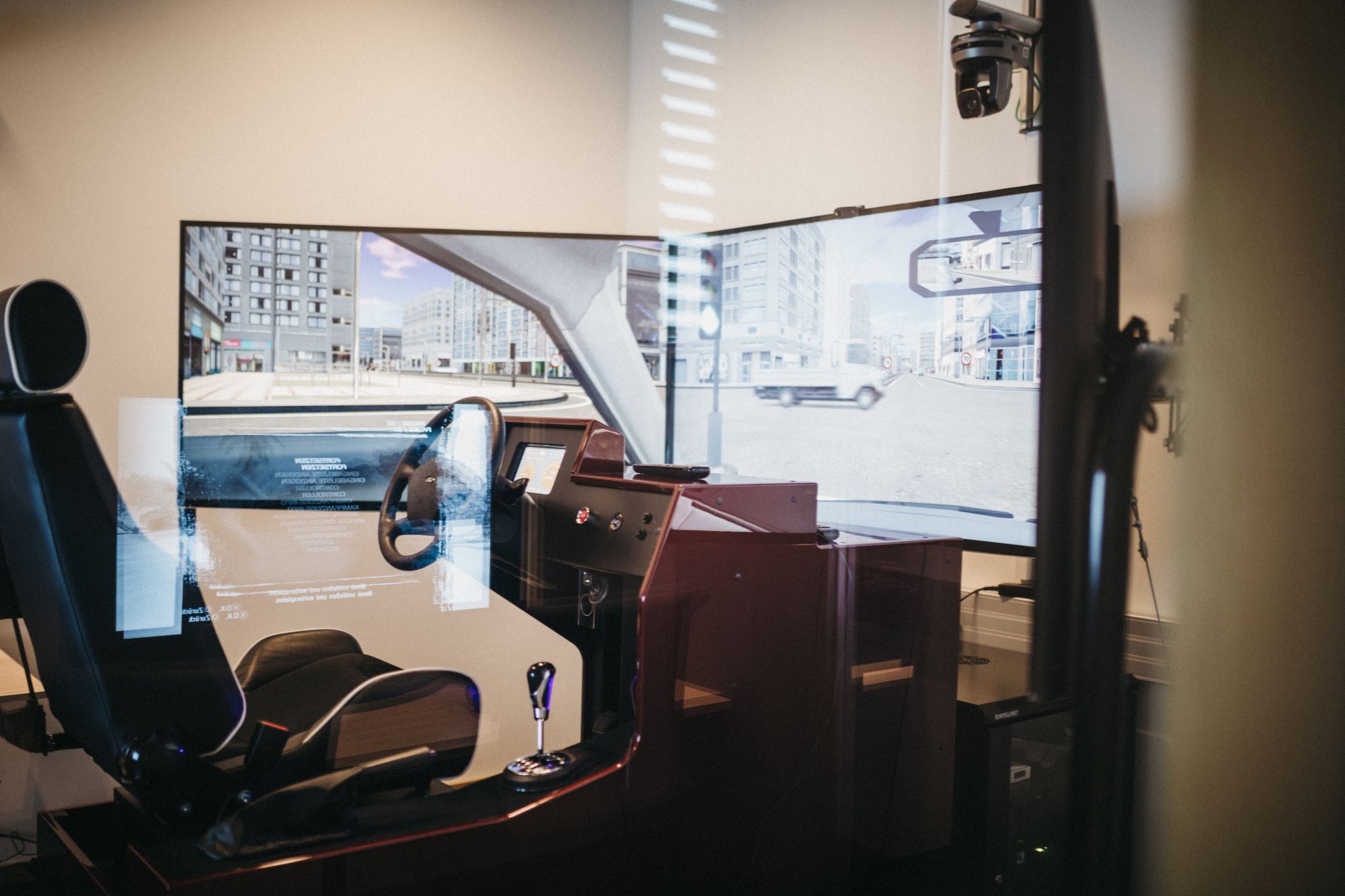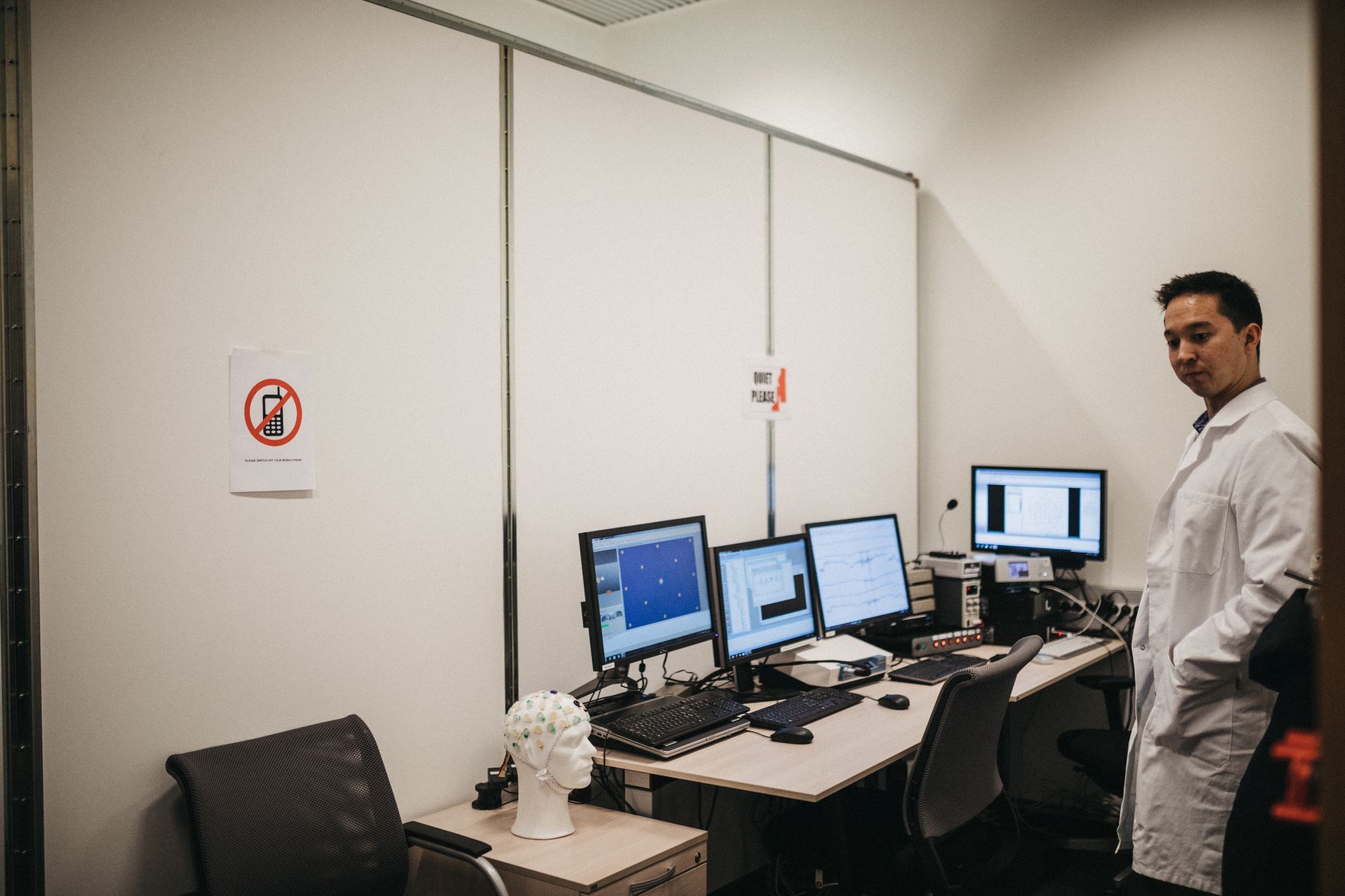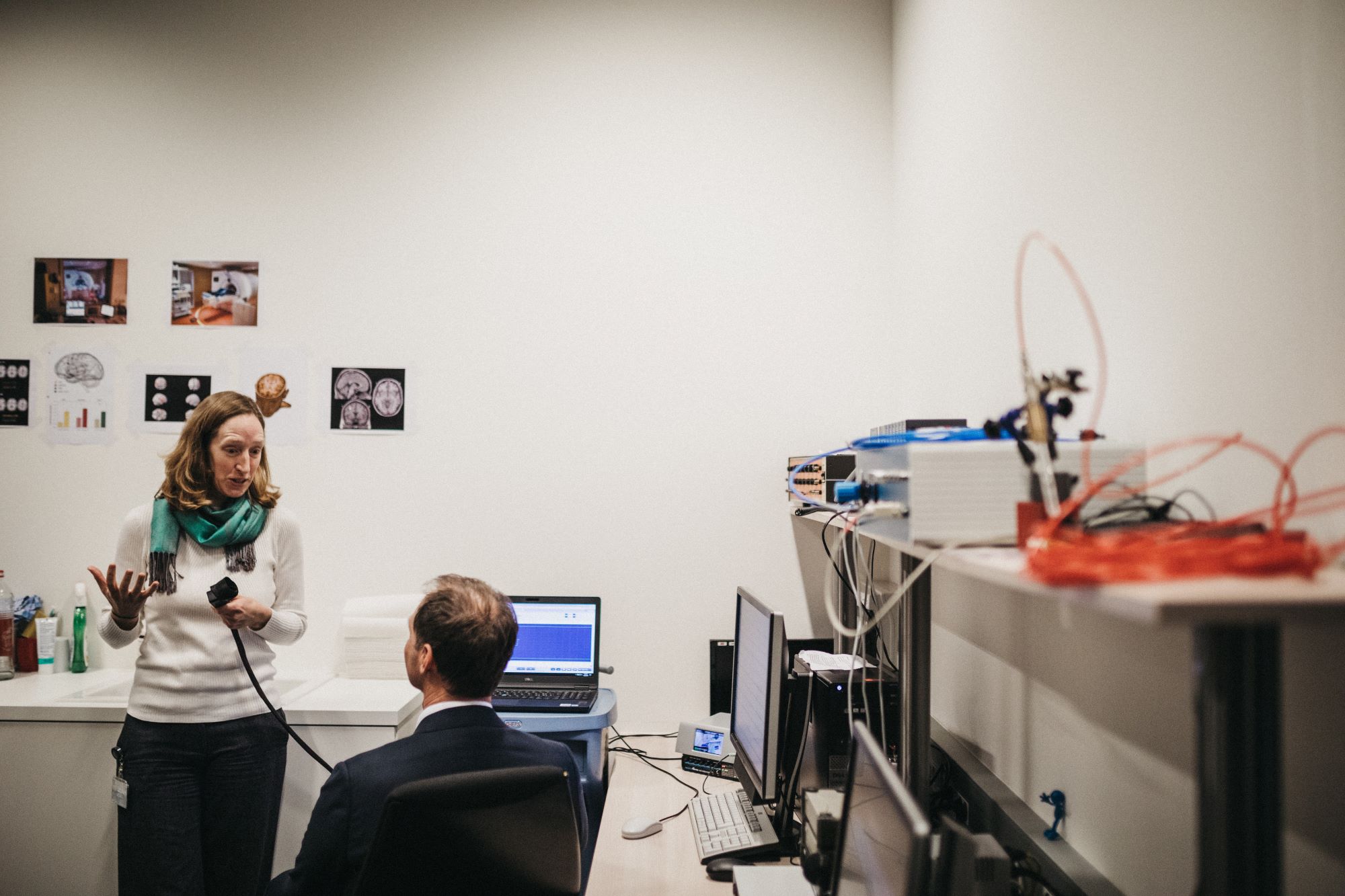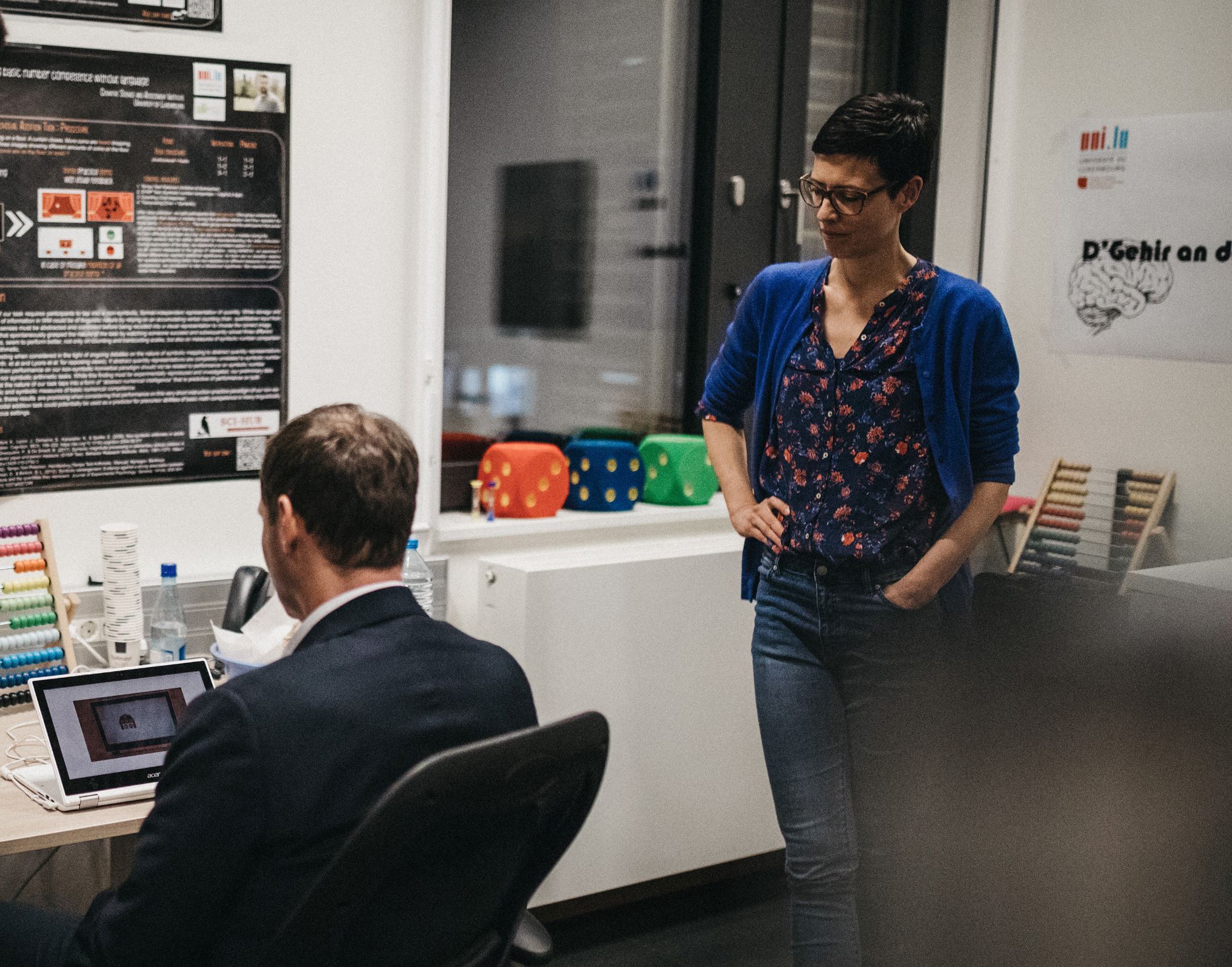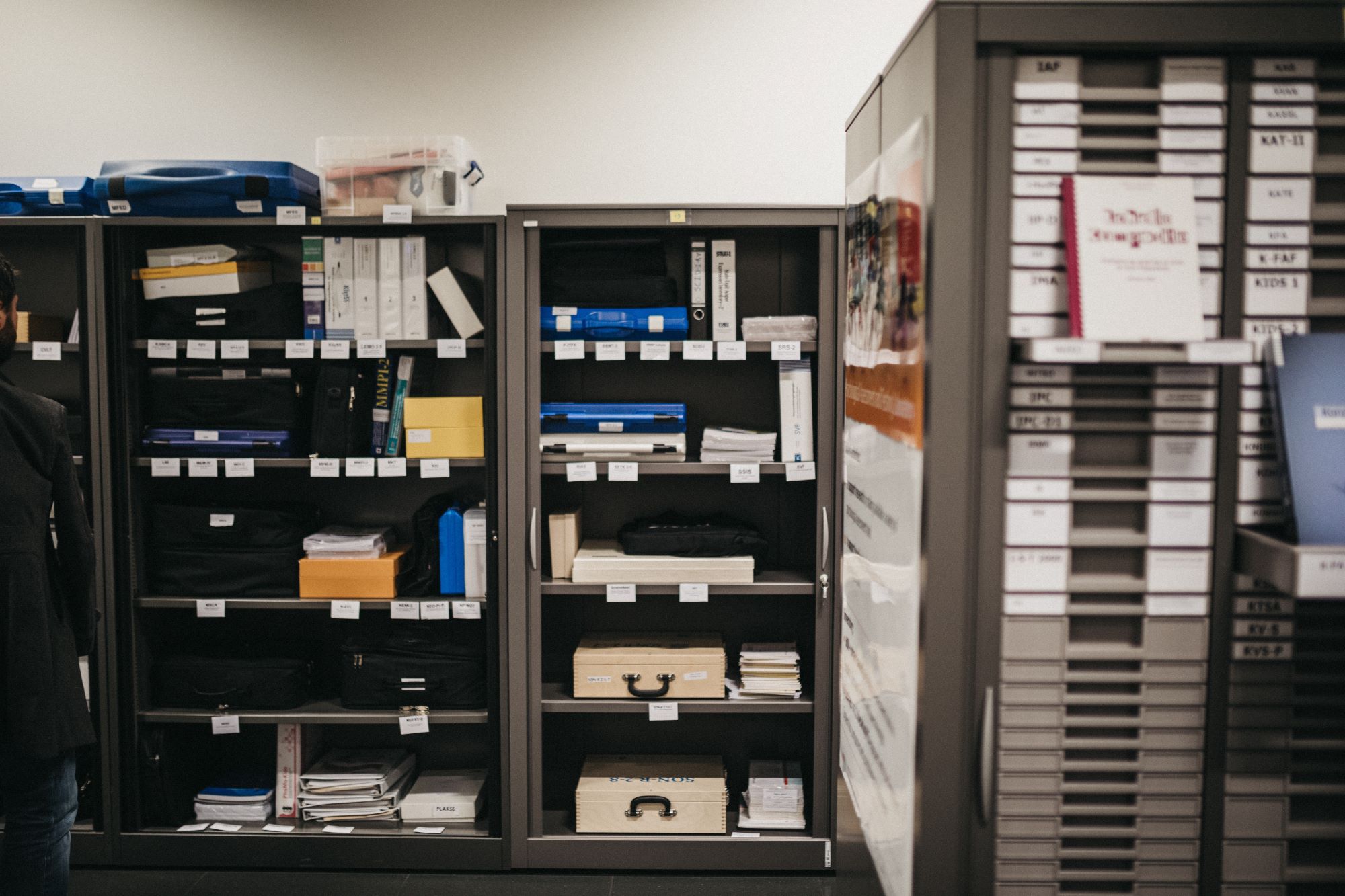Laboratory experiences
Students of the Bachelor in Psychology benefit from a close link between teaching and state-of-the-art research. For example, in their experimental training, while working on their Bachelor’s thesis, or maybe also as student assistants – BAP students can gather substantial experience in the different laboratory facilities of the faculty. All have an excellent record in basic and applied research in psychology.
